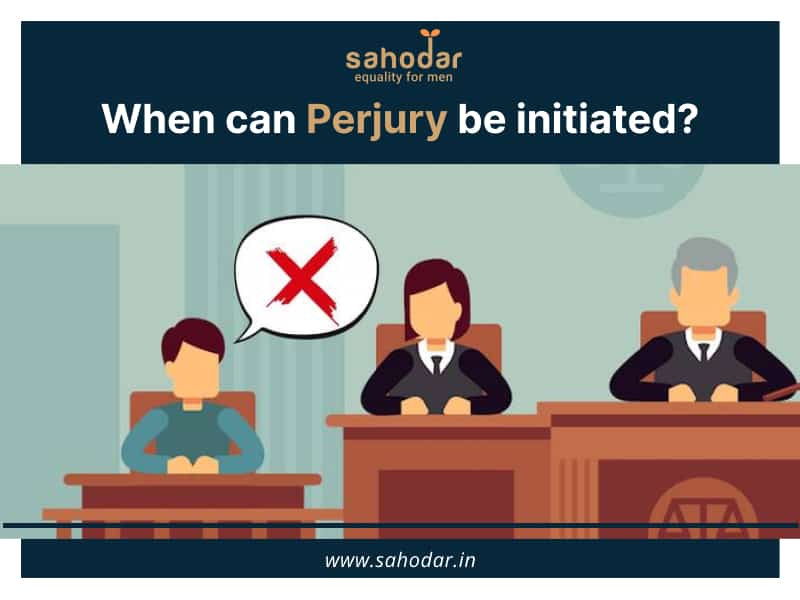James Kunjwal v. State of Uttarakhand & Anr.
In the case at hand, FIR No. 109/2021 under section 376 and 506 under IPC was filed against appellant. The appellant applied for bail before learned Additional District and Sessions Judge, Nanital, which was rejected.
The appellant then pleaded his case before The High Court of Uttarakhand and through order dated 08.06.2021 it was allowed. The Complainant sought Bail Cancellation on the grounds of contradictory statements.
The High Court of Uttarakhand dismissed the Bail Cancellation Application, however, it issued directions to the registrar of the high court to file a complaint against him.
Now the subject matter of adjudication in appeal before The Supreme Court of India.
By placing reliance on the judgements of:
- S.P. Kohli, Civil Surgeon, Ferozepur v. High Court of Haryana Through Registrar (1979) 1 SCC 212
- Chajoo Ram v. Radhey Shyam & Anr. (1971) 1 SCC 774
- S. Sujatha v. State of Karnataka (2011) 5 SCC 689
- Bhima Razu Prasad v. State Rep. by Deputy Supdt. of Police, 2(2021) 19 SCC 25
The Court decided the conditions necessary for initiation of case under offence of prejury:
- The Court should be of the prima facie opinion that there exists sufficient and reasonable ground to initiate proceedings against the person who has allegedly made a false statement(s);
- Such proceedings should be initiated when doing the same is “expedient in the interests of justice to punish the delinquent” and not merely because of inaccuracy in statements that may be innocent/immaterial;
- There should be “deliberate falsehood on a matter of substance”;
- The Court should be satisfied that there is a reasonable foundation for the charge, with distinct evidence and not mere suspicion;
- Proceedings should be initiated in exceptional circumstances, for instance, when a party has perjured themselves to beneficial orders from the Court.
Supreme Court of India also held that:
“at least three of the possible scenarios, as discussed supra, in which a court would be justified in invoking these powers on the face of it appear to be unmet, prosecution, therefore, would be unjust.”
In the view of present facts, the court observed that no malafide intention or deliberate attempt can be understood from the statement made by the appellant in the affidavit. The court also noted that the Respondent made no particular allegations against the appellant nor did she provide any of the material that was allegedly false.
Since it has already been observed, mere suspicion or inaccurate statements do not attract the offence under Section 193, IPC, the Supreme Court held that direction of the High Court in regard to registering a complaint against the present appellant is set aside.
The Court also held that the appeal is accordingly allowed and any decision made in this appeal shall not have any effect on the criminal case pending against the appellant.
-Inputs and Research by Triaksh Kapoor

